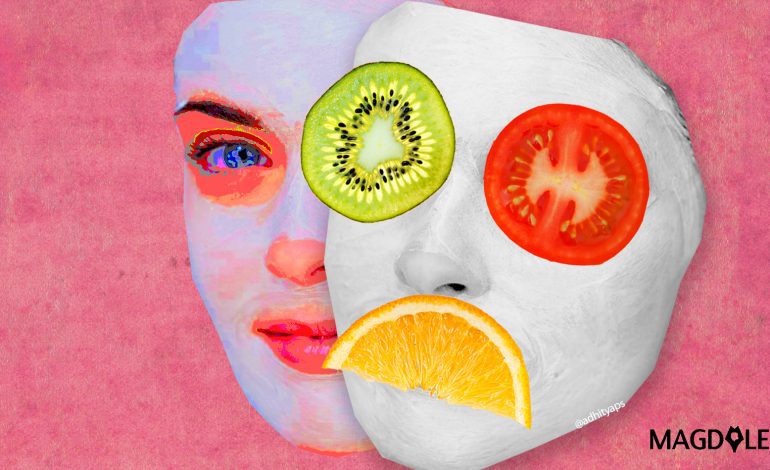Overcoming My Obsession with Self-Improvement

Getting up from bed, reaching for the phone, opening Pinterest or WeHeartIt apps and scrolling through colourful pictures filled with words – encouraging quotes about building one’s very own empire, taking risks and chasing after material things. This is my morning ritual. Just like caffeine, those quotes gives me a great amount of mood booster – a small dose of instant dopamine – and as soon as I shut my phone, I would get up and go about my day.
It got to a point when I basically could not start a day without opening any motivational quotes for the purpose of self-improvement. It had become an addiction, a compulsion in order to feel that I had my stuff together that day. But too much of a good thing can be harmful, including consuming self-improvement content that is supposedly good for us.
Self-improvement and self-help culture obsession can be toxic to some degree. We are taught to always stay positive and keep at our pursuit. The downside is we are not able to process our emotions properly. Constantly “hustling” can lead to dismissing and repressing our feelings instead of fixing and facing it. This also gives out the notion that we always have to pursue positivity all the time, instead of addressing the elephant in the room.
Life is not supposed to be positive all the time, there are ups and downs that need to be faced. The belief of constant pursuit of happiness and positivity has led to the rise of self-love gurus and coaches, when, in reality, happiness and positivity should be looked within, even with the help of external parties.
Also read: Owning Our Insecurities and Needing Help for It is More Than Okay
The constant dopamine boost from looking at motivational videos, podcast, books, quotes or other forms of content may make us feel energized after consuming them. But the feeling also dies down fast. We cannot always depend on podcasts that talk about how to be productive in order to be one. We cannot always depend on videos of coaches telling us to get up and create the life that we want to actually take actions. We may read many books to improve our emotional intelligence, but it means nothing if we do not even try to experience life, connect with other people and implement what we have learned while possibly sharing the lessons to our peers.
Being obsessed with self-improvement content may give us the sensation that we have become more evolved than everyone around us. We think that we have learned more than others that we adopt an attitude of superiority over people who struggle to go through their lives. We may end up isolating ourselves as we look down on other people whose life journeys are much different from ours.
With this attitude, too, if a conflict surfaces, we point our fingers to the other party for blames, because they are not aware of their life lessons during that time. We lack the capacity to self-reflect that we may be in the wrong as well, we may be playing parts on the fault. What is self-improvement without looking at what needs to be improved from within?
The more we consume self-improvement content, the more we seek it. We begin to wonder where the end of the learning is, to what extend can someone be considered “enlightened” and be done with the growth lessons they have been learning. It grows into an addiction: buy more books, enrol in more courses, watch more motivational videos. We become more of a user than a doer.
Also read: Dear My 17-yo Self, Love Yourself and Hang in There!
In the United States, self-improvement culture is also dominated by middle or upper class young white women. Somehow, the notion to just “work hard to chase after your dreams” dismisses the struggles faced by women of color, trans and queer women who suffer from poverty, depression, and discrimination. Working hard in the middle of systemic salary disparity does not help women of color achieve the utopic depiction created by the group who neglects to the perspective of intersectionality in their picture, something apparent in most self-improvement content.
And how do you overcome the obsession with self-improvement content? Being aware of our obsessive behavior in our consumption of self-improvement content is the very first step. We need to be more mindful with the amount of content we are consuming. How many is too much? How long have you been on your phone, just looking up quotes? Have you tackled on your tasks instead of constantly seeking external messages to pump you up?
Motivation is important, but to sustain what we do requires self-discipline and accountability. We can work on a habit for three days, but give up on the fourth because we do not have the amount of discipline needed. Discipline comes from within, so is discernment and mindfulness. Regardless of how many articles we have read, if we don’t build ourselves from within, affirmations can only be faint words and podcasts only churns words that go in one ear and out the other. In the end, we are the ones who determine our own improvement and development.






















